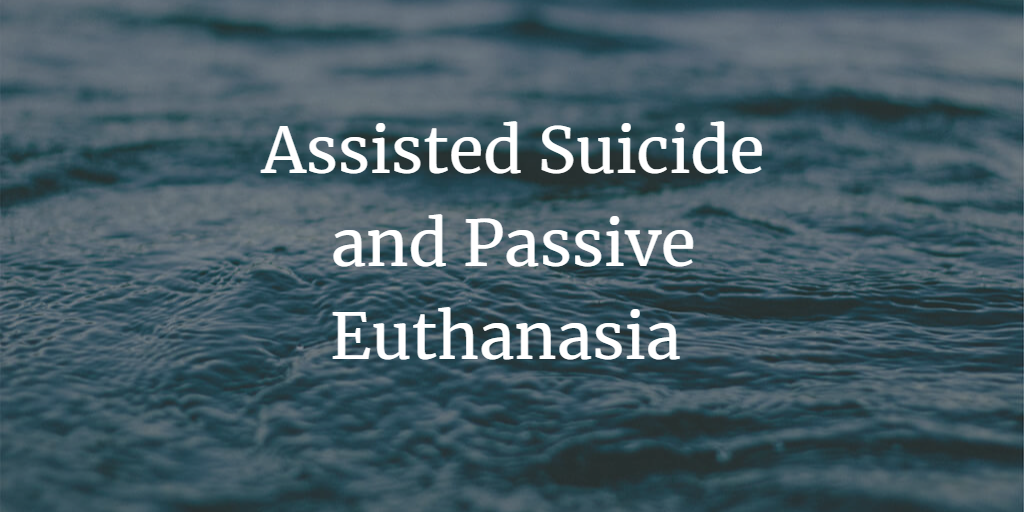Assisted Suicide and Passive Euthanasia

Table of Contents
Introduction
Understanding Assisted Suicide and Passive Euthanasia
Legal Perspectives on Assisted Suicide and Passive Euthanasia
Ethical Considerations
Conclusion
1. Introduction
The topics of assisted suicide and passive euthanasia are fraught with legal, ethical, and moral debates. This article delves into the complexities surrounding these end-of-life decisions, exploring their legal status and ethical implications.
2. Understanding Assisted Suicide and Passive Euthanasia
Assisted suicide refers to the act of intentionally helping another person end their life, often in the context of terminal illness or unbearable suffering. Passive euthanasia, on the other hand, involves withholding or withdrawing life-sustaining treatments, allowing a person to die naturally.
3. Legal Perspectives on Assisted Suicide and Passive Euthanasia
The legal status of assisted suicide and passive euthanasia varies widely across jurisdictions. In some places, both practices are illegal, reflecting a societal and legal commitment to the sanctity of life. Other jurisdictions allow passive euthanasia under specific circumstances, such as when the person is in a permanent vegetative state. Only a few places permit assisted suicide, often under strict regulations to prevent misuse.
4. Ethical Considerations
Assisted suicide and passive euthanasia raise complex ethical issues. Proponents argue that individuals should have the right to autonomy over their bodies and lives, including the right to die with dignity. However, critics express concerns about potential misuse, the sanctity of life, and whether these practices could lead to a devaluation of life, especially for those who are vulnerable, elderly, or disabled.
5. Conclusion
The topics of assisted suicide and passive euthanasia are highly contentious, reflecting deep-seated beliefs about life, death, and individual autonomy. As society continues to grapple with these issues, it is essential that legal and ethical discussions continue to evolve, taking into account the complexities and nuances of these end-of-life decisions.


